Sudan: Digital war and violence against women on the rise
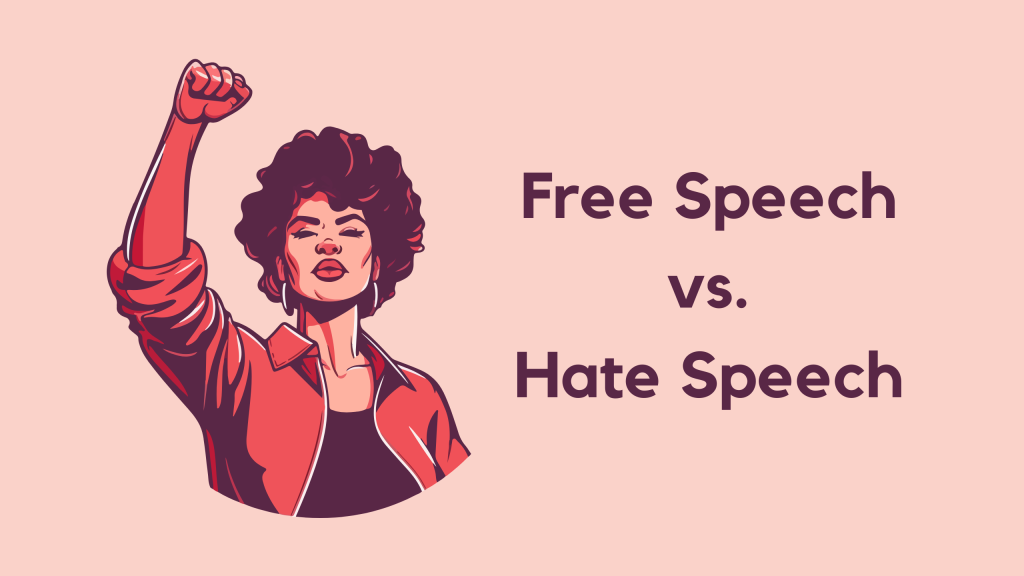
Image: Sudan Media Forum
By Malak Bala of the Women’s Media Network for Sudan Media Forum
Since the outbreak of war in Sudan on April 15, 2023, women of all backgrounds have faced increasing challenges and multiple violations, most notably the spread of systematic hate speech, which has become a dangerous tool used to distort the image of women and marginalise their role in public and digital spaces.
Amid the conflict, online campaigns have become a lethal weapon, spearheaded by organised groups operating behind closed doors dedicated to spreading misinformation and incitement, particularly against women activists and actors in politics, media, and civil society. These women are subjected to systematic smear campaigns and denied full citizenship rights simply because they expressed anti-war positions or attempted to contribute to peace-making.
Defamation
Nujoud, a human rights defender, says that hate speech directed against women has significantly contributed to the complexity of the Sudanese landscape. She explains that many female politicians, feminists, and journalists have been subjected to defamation on social media in campaigns targeting their personal and professional reputations, prompting many to withdraw from the public sphere under extreme psychological pressure.
Discrimination and exclusion
Mai Abdel Qader, a journalist and human rights defender, asserts that female activists and party activists are increasingly vulnerable to abuse. She adds, “Some women have been subjected to discrimination and exclusion simply because of their political affiliation or media activity. Some have even been prevented from renewing their passports, despite this being a legal right guaranteed to everyone.”
Activist Mahasin Atim says that the intense polarisation and mobilisation against political opponents, especially women, has increased the spread of hate speech, which in turn has marginalised women politically and socially, weakened their sense of security, and negatively impacted their mental health and personal safety.
In the face of this reality, Mahasen calls for increasing community awareness of the dangers of hate speech, providing legal support to affected women, and emphasising the need for community solidarity and activating the media’s role in spreading a culture of tolerance, respect, and equality.
As for Nujood, she believes the solution lies in building a positive counter-narrative that reaffirms the role of women in building peace and society, in addition to establishing community support networks and adopting strict legislation against hate speech and digital violence.
War fuels hate speech
Mai Abdel Qader defines hate speech as “any type of communication that uses derogatory or discriminatory language toward an individual or group based on identity, gender, race, or political affiliation, and includes incitement to violence and social stigma.”
Mai concludes, “War fuels hate speech, and the state itself sometimes supports it through unfair laws. We must stand together, women and men, to combat this speech before it turns into a weapon that threatens our common existence.”
Activists and advocates, Reem Mohammed Hussein and Tayseer Saleh, agreed that hate speech has been prevalent in Sudan for a long time, and during the April 15th war, it increased significantly and frighteningly, reaching the point of criminalising women and depriving them of practicing political and public work. It created a rift in the women’s community and caused some of them to split and join both sides of the conflict, and placed some of them in a position of neutrality, which could pose a major threat. They emphasised that the solution lies in limiting hate speech through the messages of art, theatre, and drama in general, and that the media also plays an important role in limiting hate speech against women.
Mahasin Atim concludes her talk by saying that the war has greatly affected women, both physically and psychologically. Women are vulnerable to physical and sexual violence, rape, and psychological abuse. This affects their physical and mental health, leaving them vulnerable to depression, anxiety, and fear.
The war has also affected the role of women in society. Some women have become responsible for their families after losing their husbands or fathers, which increases the burden on them and makes their lives more difficult.
After the war, women are in dire need of psychological and health support to help them overcome the trauma they have experienced. This support can include psychotherapy, healthcare, and social support.
Mahasin added, “We must rebuild society and rehabilitate women so they can return and participate effectively in social and economic life.”
This article, prepared by Malak Bala of the Women’s Media Network, is published via the platforms of Sudan Media Forum and its member institutions, to warn against the spread of hate speech and discrimination against women. The article’s respondents alert us to the need to curb the digital violence that accompanies war and how its repercussions threaten the future of society (see video above.)
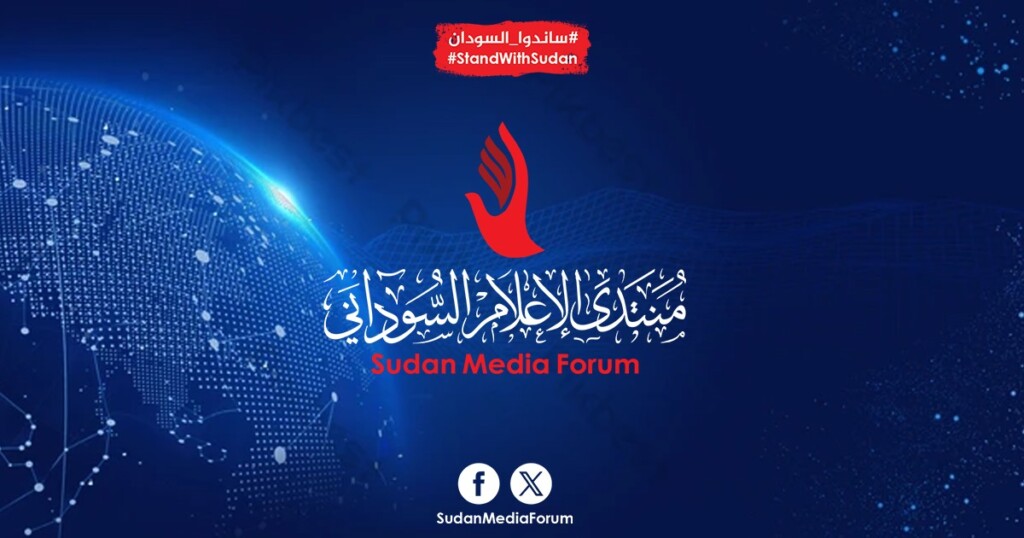
#SilenceKills #الصمت_يقتل #NoTimeToWasteForSudan #الوضع_في_السودان_لايحتمل_التأجيل #StandWithSudan #SudanMediaForum







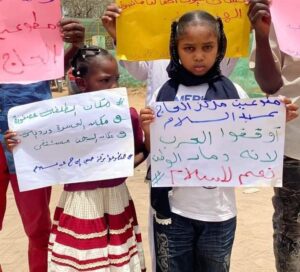
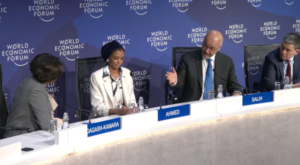
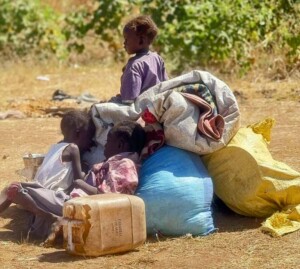

 and then
and then